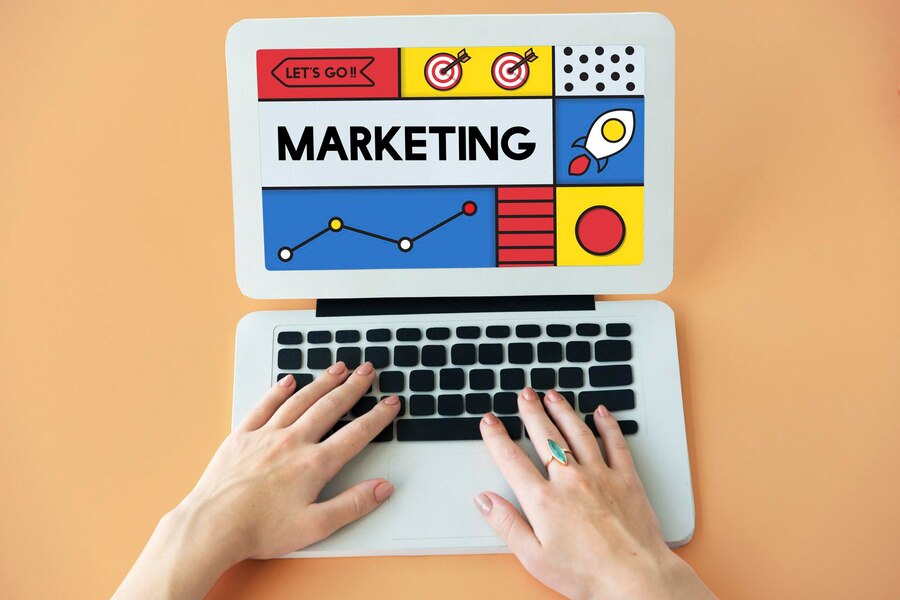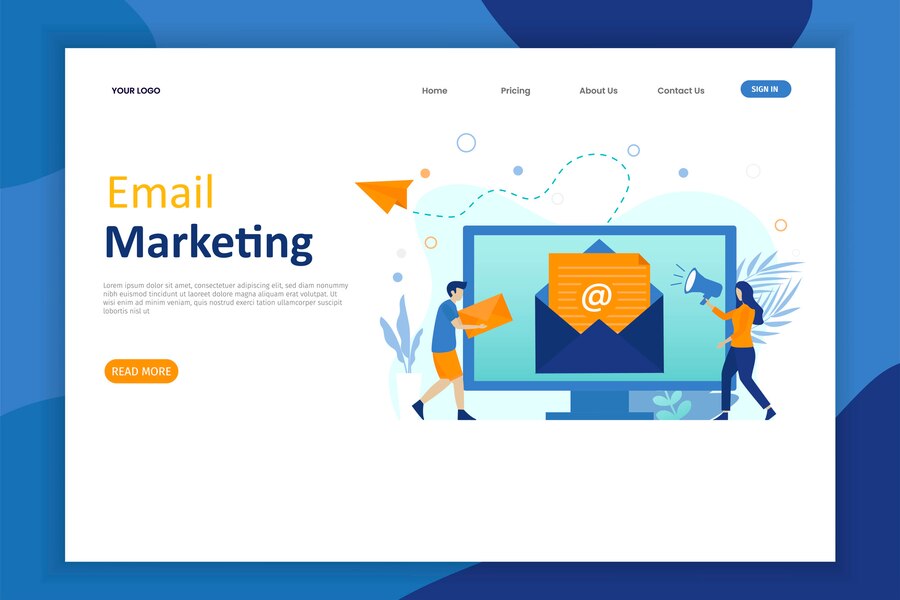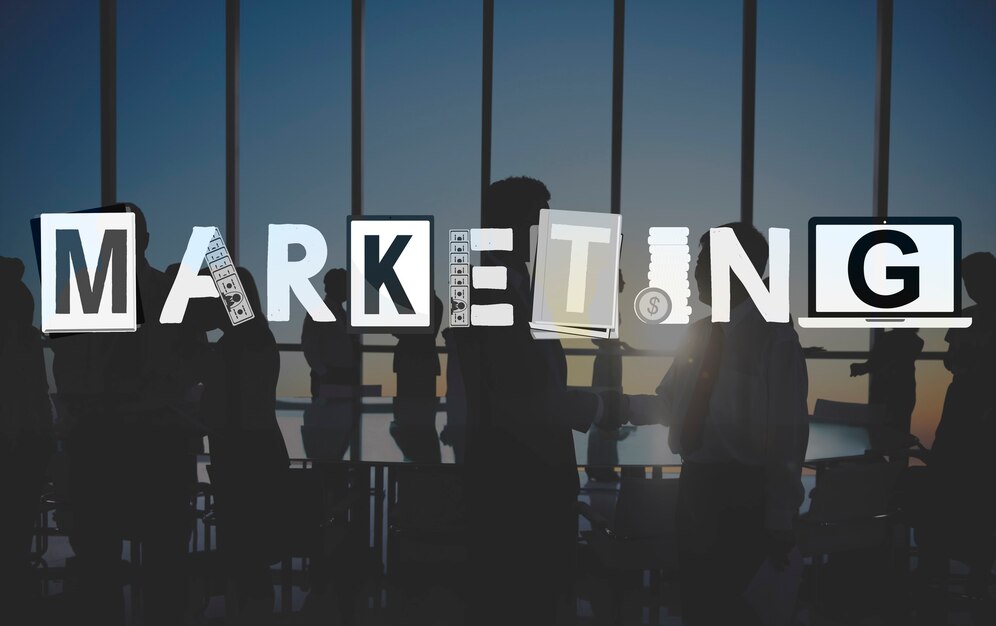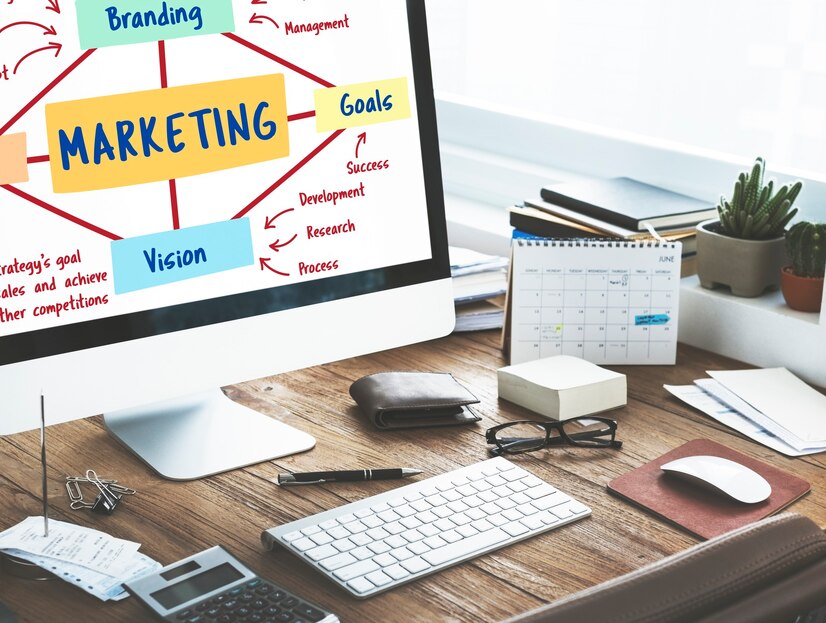In today’s fast-moving digital landscape, the convergence of marketing and technology is transforming how businesses reach, engage, and convert customers. Tech-enabled marketing—also known as MarTech (Marketing Technology)—is no longer a trend; it’s the new standard. From AI-powered analytics to personalized email campaigns and real-time customer insights, marketers are now armed with powerful tools to drive smarter, more targeted marketing strategies.
But what does tech-enabled marketing involve? Why is it crucial for modern businesses? And how can companies leverage it effectively to gain a competitive edge?
Let’s dive into the world of tech-enabled marketing, explore its key components, and uncover the best strategies for success in this data-driven era.
What is Tech-Enabled Marketing?
Tech-enabled marketing refers to the use of technology, software, and digital tools to streamline, automate, and optimize marketing efforts. It includes platforms and applications that help marketers plan, execute, analyze, and refine campaigns in real-time.
It combines the best of both worlds:
Creative strategy and storytelling
Data analytics and automation tools
The result? Highly personalized, scalable, and measurable marketing that drives better outcomes.
Why Tech-Enabled Marketing is Critical Today
With consumer behavior constantly evolving and competition growing fiercer, traditional marketing methods simply don’t cut it anymore. Here’s why tech-enabled marketing is essential Data-Driven Decisions: Understand exactly what your audience wants and how they behave.
Personalization at Scale: Deliver tailored messages to thousands (or millions) in real-time.Efficiency and Automation: Save time and resources with automated campaigns and workflows.
Cross-Channel Consistency: Maintain brand messaging across email, social, web, SMS, and more.
Real-Time Optimization: Adjust campaigns on the fly based on live performance metrics.
In essence, tech enables smarter, faster, and more effective marketing.
- Core Components of Tech-Enabled Marketing
Let’s break down the key tools and technologies that power modern marketing.
Customer Relationship Management (CRM) Systems
CRMs like Salesforce, HubSpot, and Zoho help manage customer data, track interactions, and nurture leads through the sales funnel.
Marketing Automation Platforms
Tools like Marketo, Mailchimp, ActiveCampaign, and Pardot automate repetitive tasks—like email sequences, SMS campaigns, and lead scoring.
Data Analytics and Business Intelligence (BI)
Platforms such as Google Analytics, Tableau, and Looker offer deep insights into campaign performance, customer behavior, and ROI.
Artificial Intelligence & Machine Learning
AI powers chatbots, predictive analytics, personalized content, and product recommendations (think Netflix or Amazon).
Social Media Management Tools
Platforms like Hootsuite, Sprout Social, and Buffer streamline scheduling, monitoring, and engagement across channels.
Content Management Systems (CMS)
CMS platforms like WordPress, Webflow, and Drupal make it easy to publish and manage content aligned with SEO best practices.
The Role of Big Data in Tech-Enabled Marketing
Big Data is the fuel that powers tech-driven campaigns. By collecting and analyzing large volumes of data from multiple sources—web activity, mobile apps, social media, purchase history—marketers can:
Understand audience behavior
Predict future buying patterns
Segment users more effectively
Optimize conversion funnels
The more data you have, the better your targeting and personalization—but it must be handled ethically and comply with data protection laws like GDPR and CCPA.
Personalization: The Holy Grail of Modern Marketing
One-size-fits-all messaging is a thing of the past. Today’s consumers expect hyper-personalized experiences.
Tech makes this possible by:
Tracking user behavior across touchpoints
Using AI to suggest products or content
Sending dynamic emails tailored to individual preferences
Adjusting website experiences based on visitor profiles
Brands like Spotify (with Wrapped) and Netflix (with tailored content suggestions) are leading the charge in personalization.
How AI is Reshaping Marketing
Artificial intelligence is revolutionizing marketing workflows. Here are just a few ways it’s being used:
Chatbots: Provide 24/7 customer support and answer FAQs instantly.
Predictive Analytics: Forecast customer behavior and sales trends.
Content Creation: Tools like ChatGPT generate ideas, ad copy, and even long-form content.
Visual Recognition: AI can analyze images for user-generated content or detect brand mentions.
With AI, marketing becomes more responsive, relevant, and results-driven.
Omnichannel Marketing and Tech Integration
Modern marketing is no longer confined to one platform. Your customer journey spans:
Websites
Emails
Social media
Mobile apps
SMS
Live chat
In-store experiences
Tech-enabled platforms help connect the dots between all these channels, ensuring a seamless and unified brand experience.
Real-world examples of Tech-Enabled Marketing Success
a. Nike
Uses data from its apps and loyalty programs to personalize emails, recommend products, and tailor marketing messages.
b. Starbucks
Their mobile app and rewards program use behavioral data to send targeted offers and boost loyalty.
c. Amazon
The king of personalization, Amazon uses machine learning algorithms to display products based on browsing and purchase history.
Measuring ROI with Marketing Technology
Tech-enabled marketing makes it easier to track, analyze, and prove ROI. With tools like:
UTM tracking codes
A/B testing platforms
Attribution models
Conversion tracking pixels…marketers can measure exactly what’s working and fine-tune their strategy for maximum impact.
This data-backed approach leads to smarter budgeting and more successful campaigns.
The Future of Tech-Enabled Marketing
The future is bright—and incredibly exciting. Here’s what’s on the horizon:
Voice Search Optimization: With Alexa and Siri, voice-optimized content is a growing frontier.
Augmented Reality (AR): Try-before-you-buy experiences, especially in retail and beauty.Blockchain for Transparency: Ensuring secure, verifiable digital advertising transactions.
Zero-Party Data Collection: Gathering data directly from users (with consent) to enhance personalization.
AI-Powered Creative Tools: Automating video, graphics, and content generation.
As technology continues to evolve, marketing will become more intelligent, intuitive, and immersive.
Conclusion:
Winning in the Age of Tech-Enabled Marketing The digital marketing game has changed—and the winners are those who adapt fast. Tech-enabled marketing isn’t just about flashy tools or buzzwords; it’s about creating more meaningful, personalized, and measurable connections with your audience.
By leveraging the right mix of data, automation, AI, and creativity, brands can:
Increase efficiency
Improve targeting
Enhance customer satisfaction
Drive long-term growth
In a world flooded with content and competition, technology is the key to cutting through the noise and delivering real value.













Leave a Reply